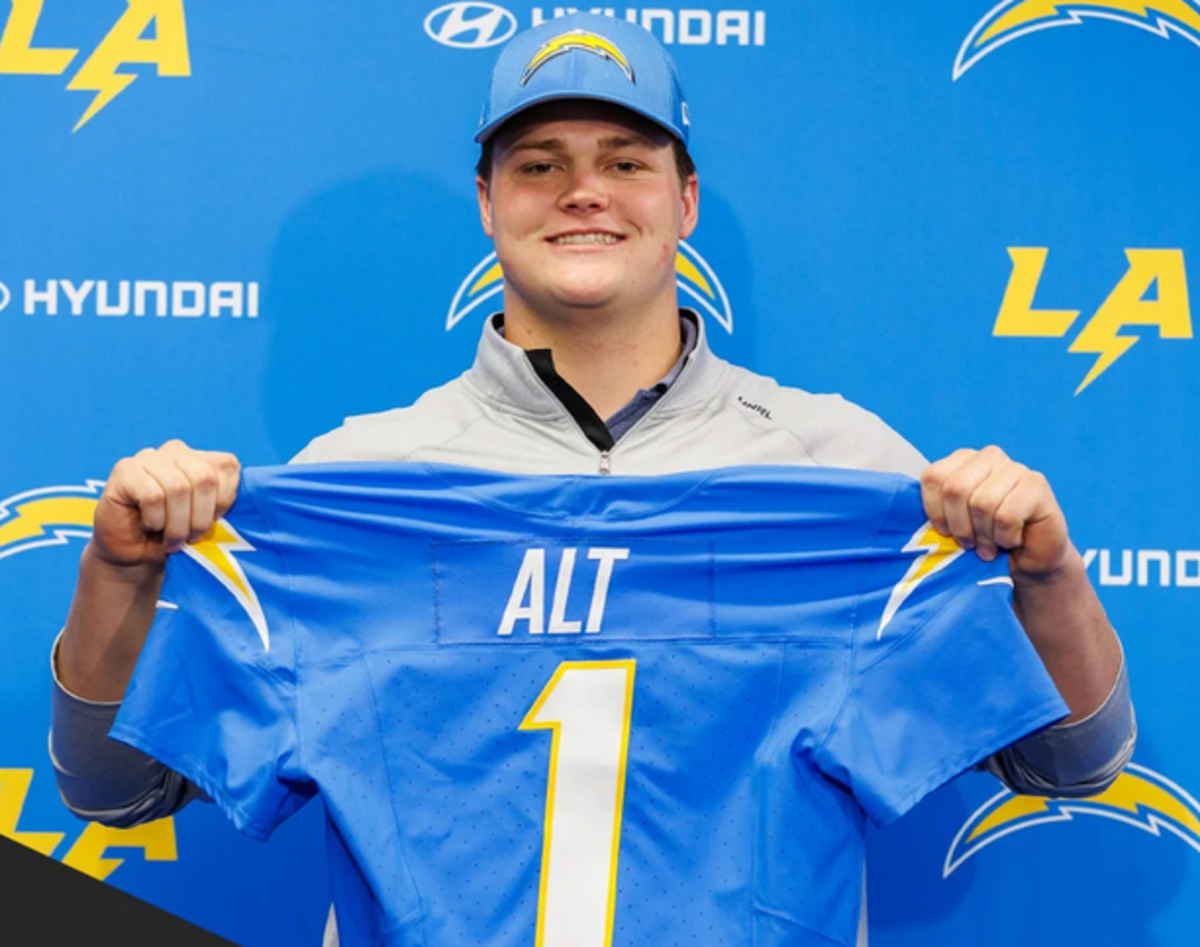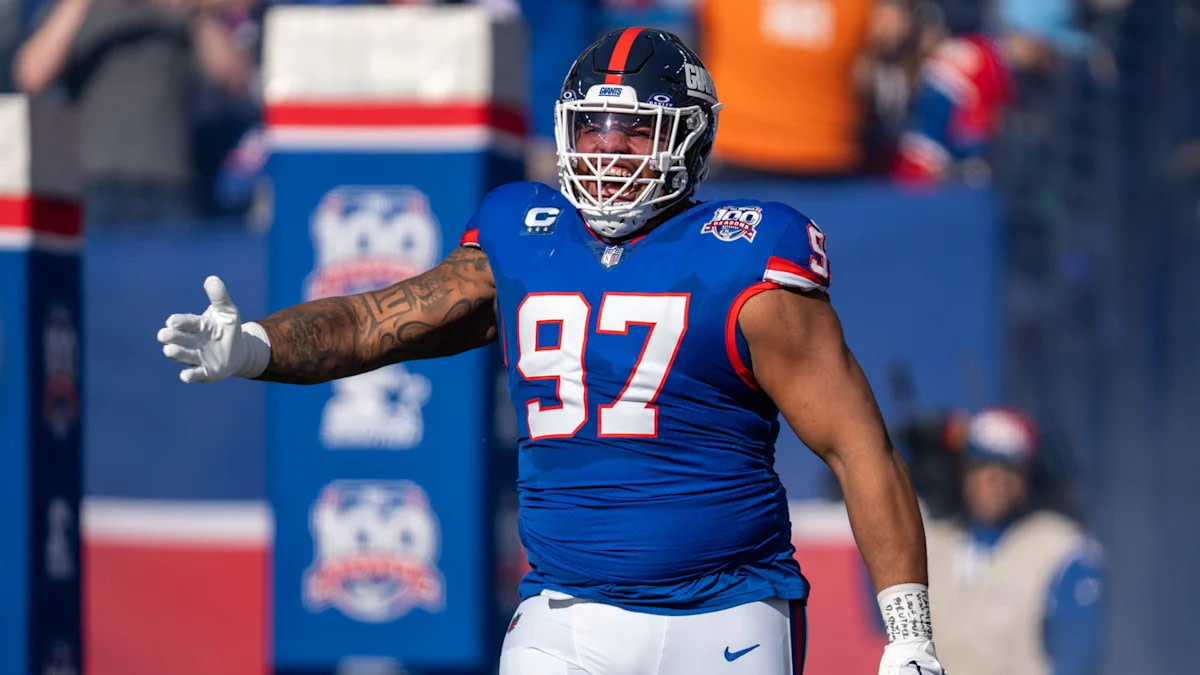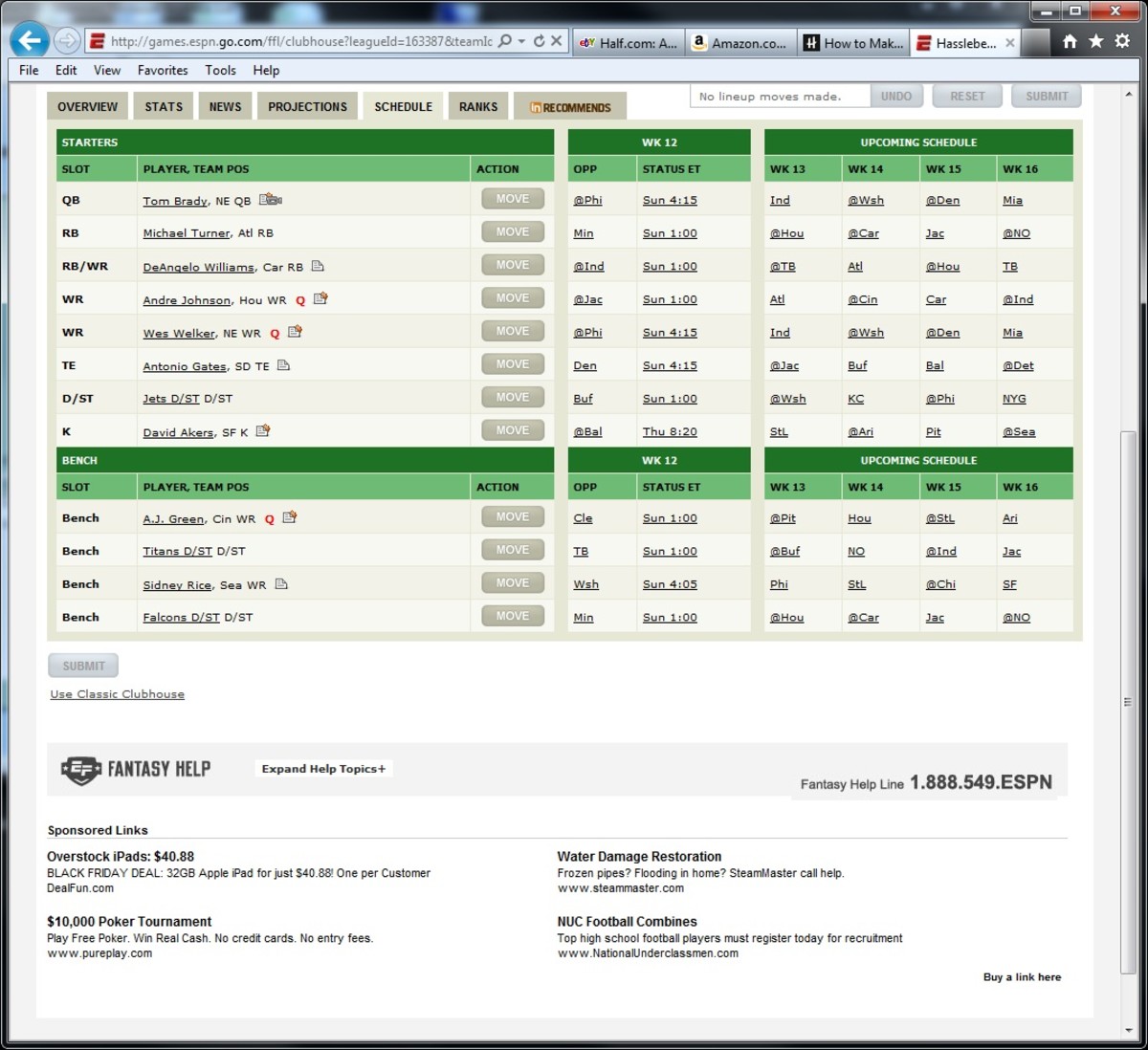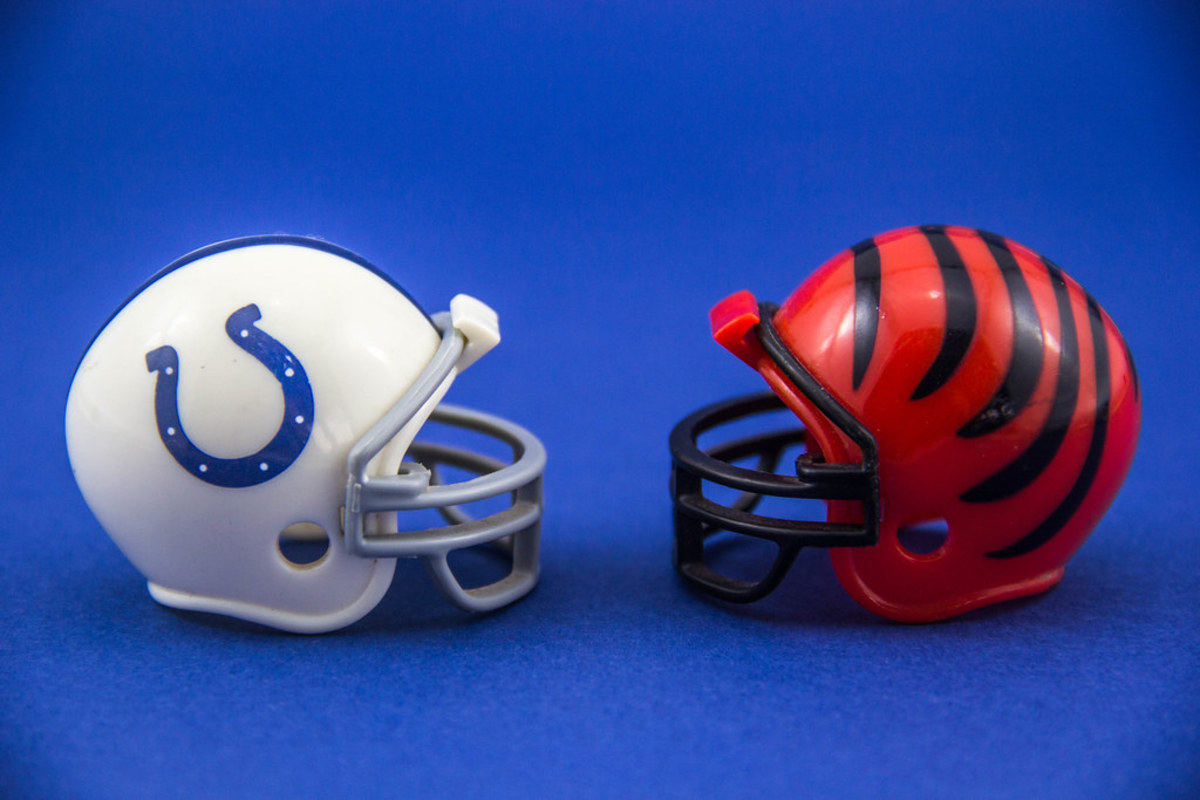Fantasy Football 2012 Player Profile: QB Cam Newton (Part 2 of 2)
Cam Newton

As you read in Part I of my Cam Newton player profile, Newton is highly likely to see a moderate to significant decrease in his rushing production -- particularly his rushing touchdowns -- from last year's record-breaking season to 2012. Accordingly, in order for Newton to live up to his lofty fantasy football draft expectations, that rushing decrease will have to be mitigated to a large extent by a comparable increase in passing production. But, is that passing production increase likely?
I looked at the stats of all rookies over the past decade who were expected to be good and had at least some success. I chose those parameters because I wanted to find players who were in a similar position to Newton and to see how they fared in their second season. In other words, what rookie QBs were drafted with the expectation that they would start sooner rather than later, like Newton? And, of those, which ones started a significant (i.e., seven or more) games their rookie season, like Newton? Finally, of those, which ones had statistically successful seasons (either by passing yards, passing touchdowns or passer rating), like Newton? I eliminated those who had unsuccessful seasons because it is much easier to improve on poor statistics than it is to maintain or improve on good ones. (And, as you'll see, Newton's passing statistics were quite impressive.)
Pro-football-reference.com provides the perfect search engine for these queries. The exact data for this particular one can be found here. From this chart, you can see that eight starters prior to 2011 and in the past decade fit the criteria (amazingly, there are three -- Newton, Dalton and Ponder -- in 2011 alone who do, as well!). You also see that Newton's statistical passing numbers blow by just about everyone else in just about every category. In other words, what Newton was as a rushing QB relative to history, he was as a passing QB in rookie history!
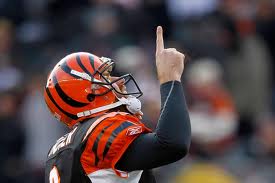
Palmer as second-year passer
view quiz statisticsLooking at the names on this list, you'll see that one (Carson Palmer) had a massive statistical improvement in his second year. Some (Bradford, Leinart) fared much worse in their second year. Most showed some improvement, decline or stability. While the sample size is limited -- after all, how many rookies really jump in at QB and have notable success? -- this is an indicative trend. A successful rookie QB starts out by setting the bar high; significant statistical improvement is unlikely because of his remarkable numbers in his rookie year!
You could certainly argue compellingly that Newton is different. He was not simply better than any other rookie passer, he was massively better. That argument would be correct. Therefore, you could deduce, no comparison is really apt: he is so good that he could buck any trend.
I would respond in three ways. First, the fact that he was that much better makes it all the more unlikely that he would improve tremendously.
Second, his production decreased significantly in the second half of the season: 60% of his passing yards came in the first half of the season and over 55% of his attempts came in the first half of the season. His passer rating was much lower, too, in the second half of the season. His numbers were, in large part, further skewed by his first quarter of the season. In his first four games, he passed for over 34% of his total yards and threw for almost 32% of his total passes. Playing the Arizona, Green Bay, Jacksonville and Chicago pass defenses of 2011 will do that for you.
Third, and most important, passing numbers in 2011 are up significantly relative to previous years. Thus, it is not surprising that three 2011 rookies made this short list or that their numbers appear quite lofty. Let's examine that further. Newton's 4051 passing yards in 2011 put him 10th (!) for that year. Had he passed for that many yards in Matt Ryan's rookie season (whose own 3440 passing yards put him 12th), he would have been 2nd that season to Drew Brees. Need more convincing? In 2010, Sam Bradford's rookie 3512 passing yards also put him 12th. Newton's 4051 passing yards would have put him 5th. One more illustrative example: in 2004, Newton again would have been 2nd in passing yards; Carson Palmer's rookie 2897 yards put him 10th!
In other words, 4051 rookie passing yards is an astounding number empirically. But, relative to last year's league-wide passing numbers, it is not particularly more impressive than Ryan's, Bradford's or Palmer's rookie passing numbers relative to their years. Looking at passing touchdowns reveals a similar conclusion.
Thus, Cam Newton's passing numbers separate him from all previous rookies. But, they do not separate him from the league average any more or less than previous rookies' numbers did. On a relative comparative level, his rookie passing numbers were no more impressive than those of, say, Ryan, Bradford or Palmer!
Don't misunderstand me. Newton's rookie season was extraordinary. In real NFL terms and in fantasy football terms, he is a player that I think will excel. Nonetheless, taking all this into account, it is hard to justify that Newton's passing numbers will increase markedly relative to the rest of the NFL QBs' numbers in 2012. Thus, it is highly improbable that any rushing decline that he has will be offset by an increase in passing numbers. This makes it nearly impossible for him to justify his high fantasy football ranking. In fact, I have him ranked on my personal QB list in the bottom of the top-10. That he is still this high is a credit to his rushing ability: those stats give him an unusually high floor, thus elevating his fantasy value.
So, where he be drafted? In a snake draft, he will not be on any of my teams. There is no way that I would give up the opportunity to draft an elite player in the first or second round (where Newton is most likely to go) for a huge flyer on Newton. In a snake draft, you only get a couple of opportunities in the early rounds to draft a difference-making player, and I will not pass on that opportunity in order to chase surprising (and thrilling) rookie production from 2011. And, he tiers with guys who would be drafted in the 5th-8th round. No reason to spend a 2nd-round pick on Newton when a similar player can be had in the 7th!
In an auction, however, I am not absolutely convinced that Newton would not appear on my team. In an auction (see my previous Hub posts for basic fantasy football auction tips and for advanced strategy in part one and part two), however, you are not limited to a finite number of elite players as you are in a snake draft. If you want to bid big on three elite players, take a chance on Newton and then go with scrubs (the Snyder approach, as mentioned in my basic auction tips Hub linked above in this paragraph), then you are not sacrificing your chance at an elite player to take Newton instead. While I still cannot imagine buying him over someone in that same tierwho will likely go for much less, it is theoretically conceivable in an auction format.
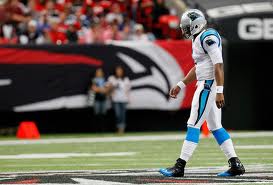
In summary, I would admit that if any QB could buck the trend of rushing stats from the previous season or if any second-year QB could buck the trend of passing stats from his rookie season then I would bet on Newton to be they player to do it. I do think that he is that talented, that unique and that exceptional. But, in terms of fantasy football production, I the unlikelihood of that happening is so high that his current ranking as the fourth- or fifth-most valuable QB is unjustifiable. If you can get him later in a draft or for under value in an auction, jump at it! He is not, however, worth the cost of his current valuation.
Questions or comments? Points of agreement or disagreement? Let me know below!
UPDATE ON 7/12/12: It looks like Christopher Harris of ESPN agrees with me in a lot of ways! I wonder if he read my Hubs... :)



